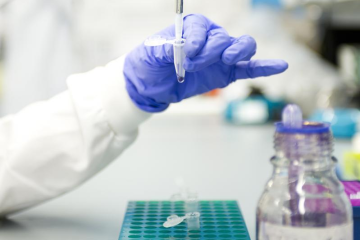PhD Studentship
Multi-omic analysis of human poor risk acute myeloid leukaemia to replace xenotransplantation assays and expand leukaemic stem cells

At a glance
In progress
Award date
September 2025 - September 2029
Grant amount
£135,000
Principal investigator
Dr William Grey
Co-investigator(s)
Institute
University of York
R
- Replacement
